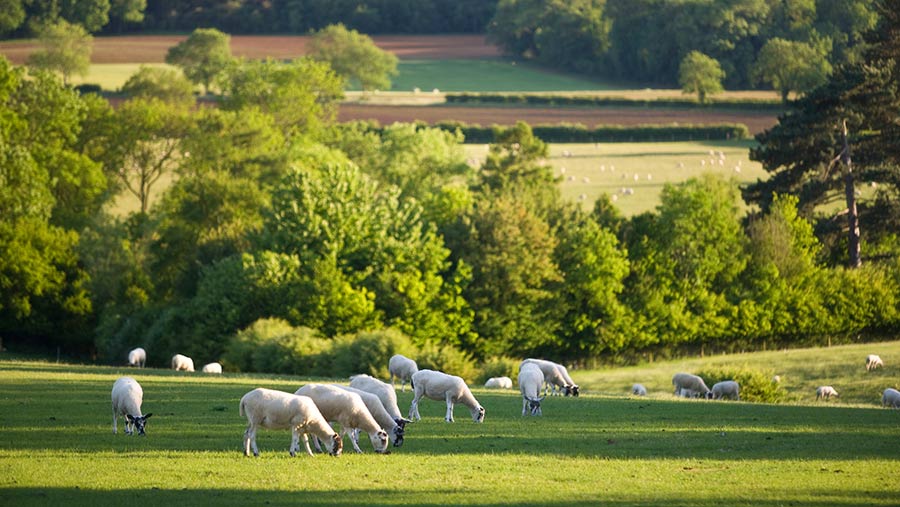Defra underspent in 2021-22 because of scheme delays
 © Tim Scrivener
© Tim Scrivener
Defra underspent on a number of key grant schemes in 2021-22, but has confirmed the money will be rolled over so it is available to farmers in future years.
According to the Future Farming and Countryside Programme annual report, 2021 to 2022, compared with spending plans set in 2020 there was a £26m underspend on Countryside Stewardship because applications for capital items were lower than anticipated.
There was also a small degree of underspend related to the Farming in Protected Landscapes Scheme (£12m) and the Sustainable Farming Incentive (SFI) because the schemes were launched later than forecast in 2020.
See also: Countryside Stewardship payment rates rise by 30%
Expenditure on the Rural Development Programme was also £40m below forecast because of delays in implementing a number of large-scale broadband projects.
There was a £19m underspend on the Farming Investment Fund, because of the late launch of the scheme in November 2021.
Total spend
The report said in total Defra had spent £2.294bn from 2021 to 2022.
“The small degree of underspend, compared to spending plans set in 2020, was largely driven by delays in socio-economic schemes that were awarded in 2020 and whose delivery was negatively affected by the Covid pandemic,” it said.
“The underspend was made available for schemes within 2022 and 2023.”
The report highlighted that during the first year of England’s agricultural transition it had:
- Funded about 1,000 projects through the Farming in Protected Landscapes Scheme between July 2021 and March 2022
- Brought 850 farmers into the pilot for the Sustainable Farming Incentive
- Awarded £45m to more than 4,000 applicants through the Farming Investment Fund
- Launched the first round of competitions in the £270m Farming Innovation programme
- Seen a 40% increase in farmers wanting to join Countryside Stewardship, receiving 11,735 valid applications for agreements with a 1 January 2022 start date.
